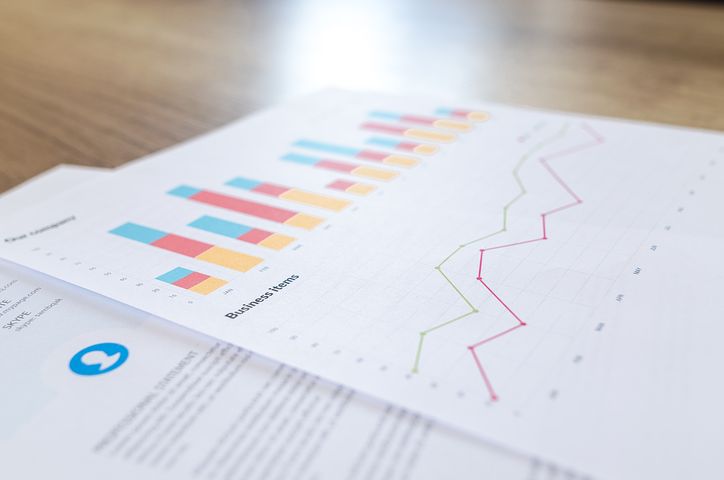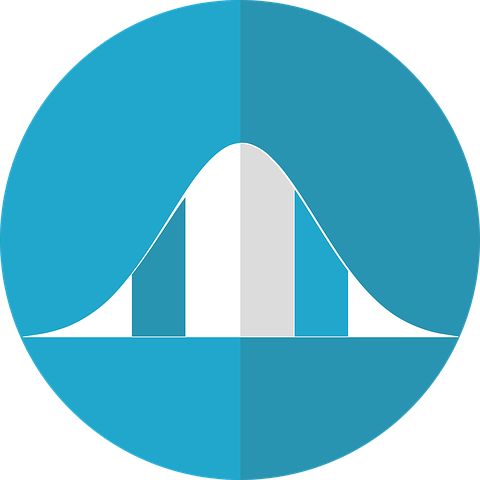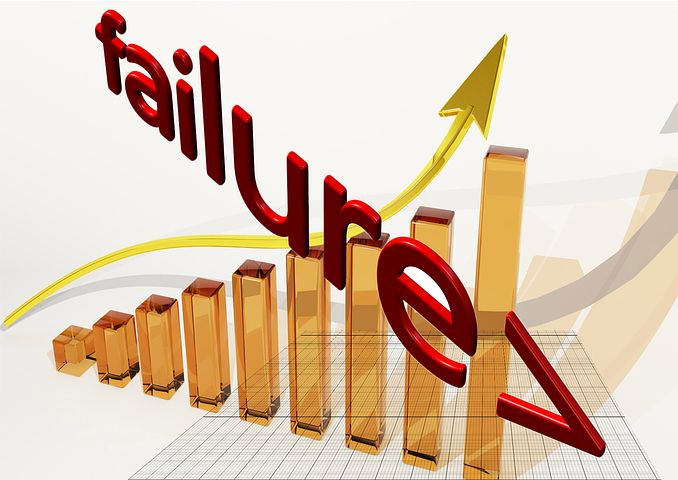2017-18 NBA Elo Ratings Season Analysis: The 60's
While you were out...
In addition to drinking wine and catching up posting about wine during this NBA break, I've been poring over the first half of the season's data to prepare for the second half. There are several interesting trends that I've been using for bets and a couple that I have uncovered over the past few days.
What I enjoy about the process that I'm using is that it's relatively easy to spot trends. It's the record-keeping and database management that's a pain in the arse. With that said, I find myself manually entering data a few times a month which makes things a bit dicey. I have a few days left to work some automation into my spreadsheets, and I intend to do so. Hopefully.

I'm not really a numbers geek in the sense the I'm an Excel wizard or math fanatic. Far from it. I simply enjoy challenging my mind, my abilities, and sweating games. I'm learning a lot about Excel and its cousin, Mac Numbers, and that makes me happy. If I can leverage that into a bit of enjoyment by using the proceeds of that work to bet and sweat profitably, great. I do this for fun, primarily. Trail my bets at your own risk.
Here's what's really interesting about the numbers, and a little insight into what I'm up to with all of this Elo Ratings stuff... Today I'll focus on teams rating in the 60-69% WinProbability range, or an Elo Spread -2.5 to -5.5. (I'll prove a little more explanation of Elo Spread Ratings at the end of this post.)
Teams with an Elo Spread Rating of 3.5 are 40-15 straight up, or 72.72% winners.
Teams with an Elo Spread Rating of 3.5 cover the spread 61.54% of the time. That's good for +9 units at -110 odds.
Teams with an Elo Spread Rating of 4.5 are 12-2 straight up, or 85.71% winners.
Teams with an Elo Spread Rating of 5.0 covered the spread just 3 times out of 12 games. That's +5.19 units at -110.
Teams with an Elo Spread Rating of 5.5 are 9-1 straight up, or... You can figure that one out.
Those same 5.5 Elo Rated teams are also 7-3 to cover the spread. That's good for another +3.37 units in the bankroll.

When we drill down into actual WinProbability, the numbers are even more encouraging since there is a lot more data to work with. For example:
Teams with a WinProb of 64% are 28-7 straight up, or 80% winners. If the average ML is -200 on those games, your net units won is +7.
Those same 64% teams also covered the spread 66.67% of the time which nets another 9.07 units won if you bet them all.
Essentially, this is what I'm doing. I finding the profitable trends and putting my money on those games that fit into similar scenarios based on Elo Rating and WinProbability. Rightly, or wrongly, that's the game.
Elo Ratings were devised by Arlad Elo, an American physics professor who used them to rate the skill level of chess masters. Since then, they have been used to similarly rank sports teams based on their relative strength. As teams play each other, winning teams take some of the losers' rating based on the losing team's total, the margin of victory, and other factors. More can be learned about Elo Ratings here: https://en.wikipedia.org/wiki/Elo_rating_system.
I find this a fun and learning-loaded activity, playing with Elo Ratings. The daily reports of my betting activity is for entertainment and to keep myself accountable for my own play, although I am wagering real money on these games.

I use the data until it doesn't work. In fact, I was using it for soccer and abandoned it when I just couldn't be profitable. (I may go back for another hack at some point, though!) My NFL betting was fairly profitable, and so far, NBA is doing OK. I am looking forward to the start of the MLB season, but probably won't start betting on it until after several weeks of data collection and until profitable angles present themselves. (I did the same thing in the NFL, not betting on games until Week 5 or 6, and the NBA until a month, or so, into the season.)
That's it in a nutshell. I'd be interested in your thoughts, reactions, and constructive criticism. While I am certainly in this for the fun and learning of to all, I do care about the philosophy of good sports betting, and am always interested in learning more about others' approaches, experience, and insight.
Cheers!

Honestly, I'm surprised to hear that the Elo ratings are profitable.
Being a software developer, I'm inclined to offload as much work as possible to the computer. The Elo rating system is such an elegant idea, naturally I had to implement it. The trouble was I couldn't make it work profitably even though I've tried it for all the football leagues I could get the data on. I see that you have the same experience with Elo and football.
At the time, the Andrew Ng's course went online and I got cought up in machine learning. At the begining I was certain that ML is the answer I was looking for. Few years forward and I'm not that sure.
I've tried countless approaches and algorithms, but at the end of the day I've settled on a basic Naive Bayes classifier. It does what I want him to do - it calculates the real odds well enough. It helps me identify discrepancies between the bookies and my odds.
For example, that is how I made my dark horse bet (the FA Cup match Wigan vs ManCity).
The bookies offered 23.00 (22/1) odds impaling the probability of the Wigan's victory to be a lowly 4.3%. The number I've got for the Wigan's victory while hosting ManCity was 33%. Sure, I've messed up the dark horse bet by pushing it too hard, but I was right about placing a bet on Wigan to win.
Anyhow, I like your idea of not playing the first 5-6 weeks of the competition until you got the idea about what's happening.
I'm looking forward to reading more about your experience with Elo and NBA.
Thanks so much for the thoughtful and instructive reply. This is the sort of interchange I had hoped for.
I had initially attempted to bet using the Elo Spread Rating, solely, and that has had less than stelar results. In the NFL, it resulted in a small gain over many bets, but I really hadn't drilled deeper until late in the season. It's the associated WinProbability that I focused on later that hints at better performance.
Now, about 90 games into the NBA season using this 'improved' approach, up about 8 units, I hope that I'm finding some purchase. Only the weeks and months ahead will tell.
I'm hoping that as what I learned in the NFL season helped refocus my approach to the NBA, my NBA experience might inform an approach to the MLB. But who knows if the approach will be of anything, or better yet, if it's even transferrable between sports...
Thanks, again. I'll be looking into many of the aspects contained within your reply over the net few days. Much appreciated!
I have to warn you, don't go down the rabbit hole :)
Do look at the data, explore it,.... but don't expect it to give you a profitable strategy. Maybe that's my bitterness talking, having wasted years trying to beat up the data into giving me the secret to the profits :-)
After all that effort the most profitable strategy (for me) was:
The good ol' gut feeling outperforms scores of math and stats PhDs :) I know, I've read most of their papers on betting. The ones close to breaking even can't shut up about it :)
Since you're enjoying it and having fun with it, here's the simplest way to test if your strategy works consistently and it is not just a short lived anomaly:
Get the data for the last five seasons. Use the first four seasons as the training data and then see if the strategy you've created works as well for the fifth season. If it does work, you're onto something.
Felt I needed to add this... The area I'm really digging into is the effect that WinProb has on totals. The essential question is: does the strength of the two teams involved in the contest have a correlation to the eventual total score of the game? Averages. Standard deviation. Etc. That answer may or may not seem obvious, but it's where I'm at in this moment...
I don't have much insight as to how the oddsmakers devise their totals, and I'm not foolish enough to think that I am smarter than any of them. I'm simply looking for trends that might be exploited.
Don't sell yourself short!
As far as I can tell, what the bookies do is:
Very interesting stuff man. I never took my betting all that serious and mostly do it just to make games fun or on a team I like - which I know is an absolute horrible strategy (which is why I don't bet much). Maybe one day I'll actually get into building spreadsheets and collecting data to have an actual method.